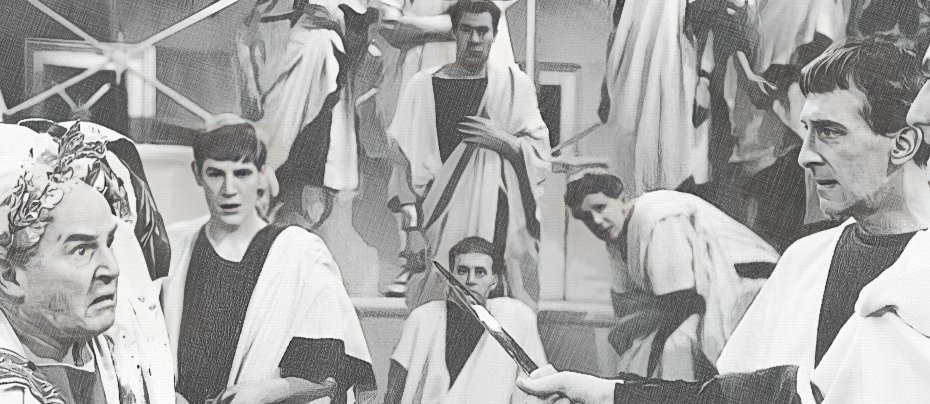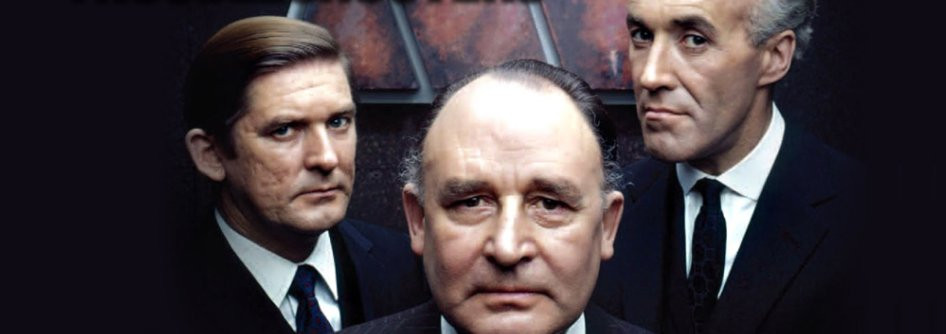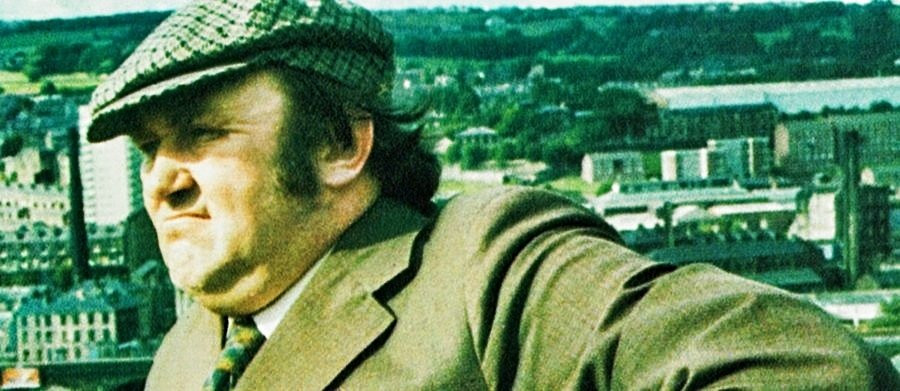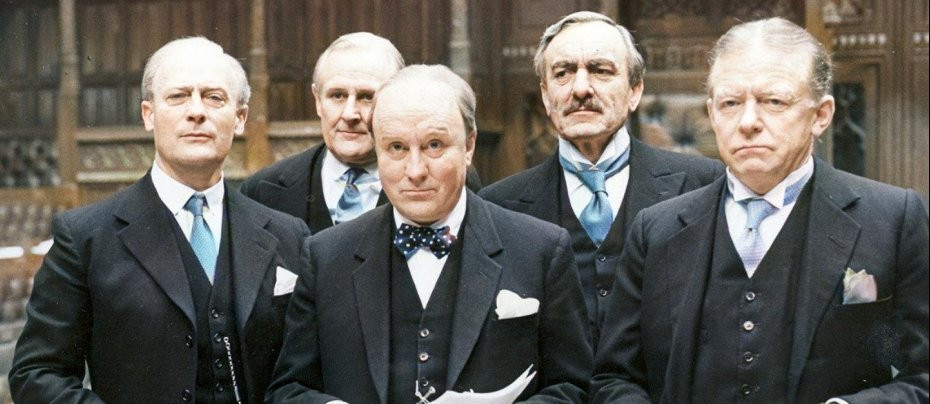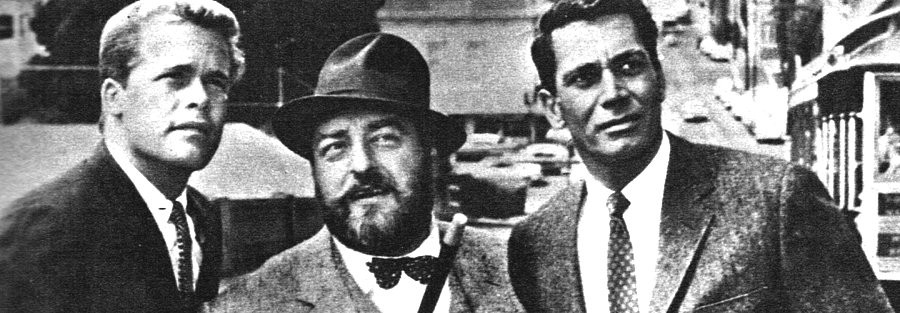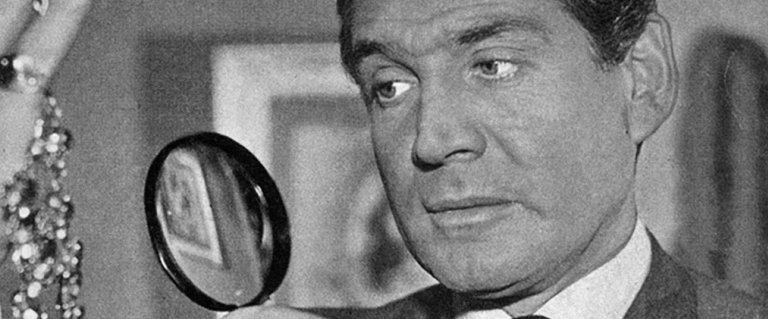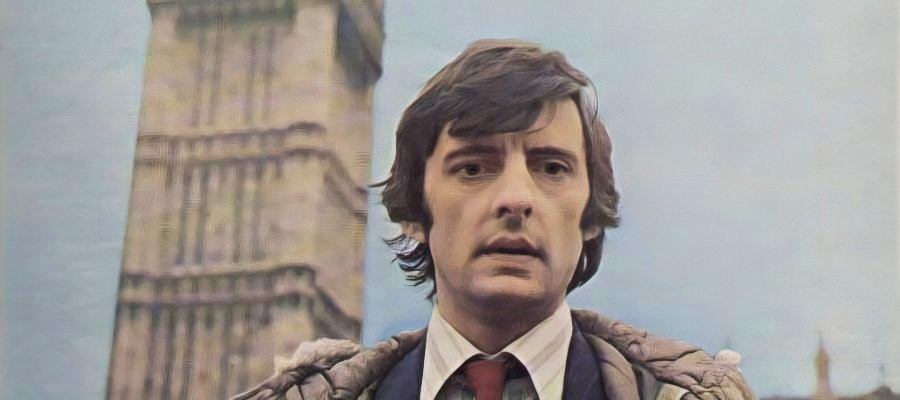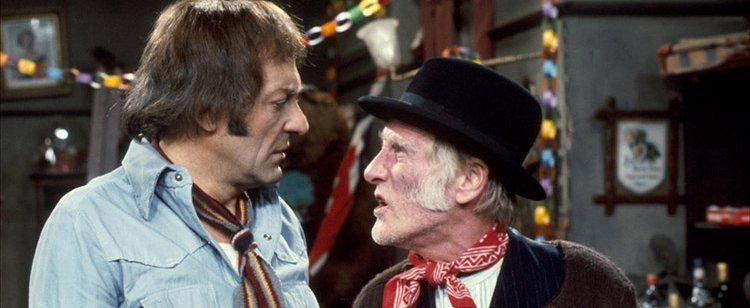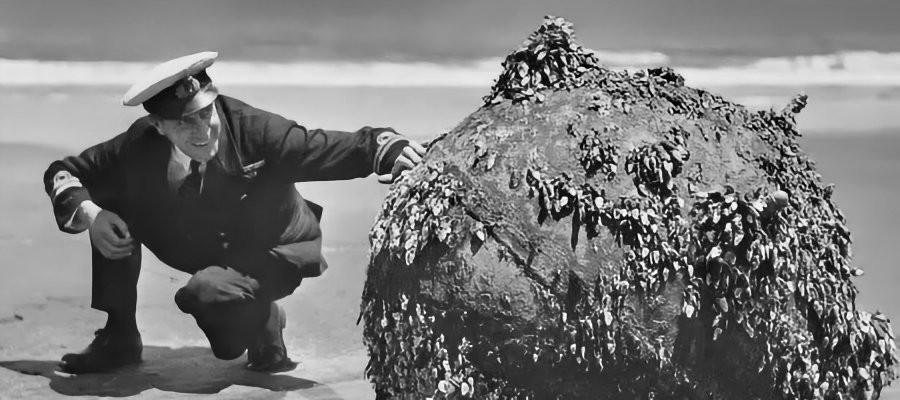
The Dark Island
1962 - United KingdomThe Dark Island is one of those tantalizing ghosts from television history, a six-part BBC thriller aired in 1962, now lost to time save for a surviving radio adaptation. Set against the windswept beauty and mystery of Scotland's Outer Hebrides, it combined Cold War intrigue with rugged local colour to create a drama that was both atmospheric and compelling.
The serial, penned by Robert Barr in his first foray into television thrillers, unfolded with the discovery of a torpedo on the shores of a lonely Hebridean island. But this was no ordinary military relic. Its contents, a bizarre international collection of espionage paraphernalia, from a Finnish passport to American service revolvers, East German binoculars, British and Swedish money and a fragment of sheet music from a Hebridean haunting tune, hinted at a story far more shadowy and complex.
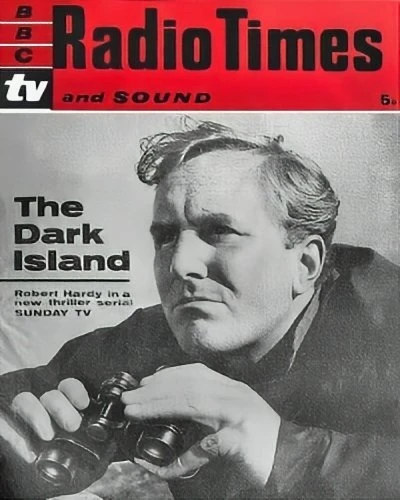
Bryden Murdoch (Redgauntlet) played Ian McLeod, a crofter whose rootedness in the local landscape and quiet suspicion made him an unlikely but compelling guide through the mystery. He was joined by Nicolson (Robert Hardy – All Creatures Great and Small), a steely naval security officer, and Grant (Francis Matthews – Paul Temple), a government agent, as layers of Cold War paranoia began to surface.
In many ways, The Dark Island served as a spiritual successor to the earlier series Spycatcher, but with an added sense of isolation and unease, heightened by its remote setting. This was not just another espionage procedural, it was a drama steeped in atmosphere, folklore, and geopolitical tension, where even the landscape seemed complicit in the secrets being unearthed.
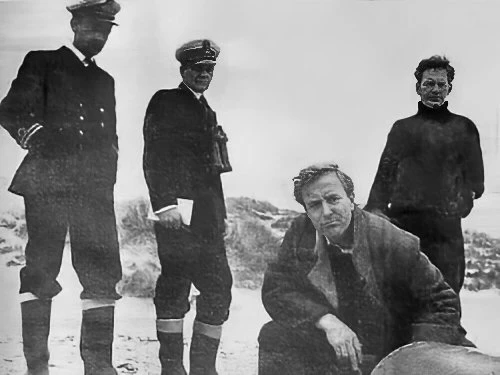
What distinguished The Dark Island was its location filming, an ambitious choice for the early 1960s. Over four weeks, the BBC Film Unit captured the windswept beaches of Benbecula, the sea lochs of South Uist, and the historic inn at Pollachar, all of which brought an authenticity and stark beauty to the screen that studio sets simply couldn’t replicate. The locals’ cooperation, from loaning boats to opening their homes, imbued the series with a real sense of place.
Producer Gerard Glaister's deep familiarity with the region was evident, and his choice to ground the drama in a real community, complete with quicksands, fast tides, and treacherous coasts, gave it a raw, elemental energy rarely seen in TV dramas of the period.
It’s a tragedy that no known visual recording of The Dark Island survives in the BBC archives. The drama now exists primarily through oral memory and a later radio adaptation broadcast in 1969 (and revived in 2019), which offers at least a whisper of the series’ mood and pacing, though it inevitably lacks the stunning visual backdrop that was so central to its appeal.
Seen this show? How do you rate it?
Seen this show? How do you rate it?
Published on September 11th, 2025. Written by Laurence Marcus for Television Heaven.


